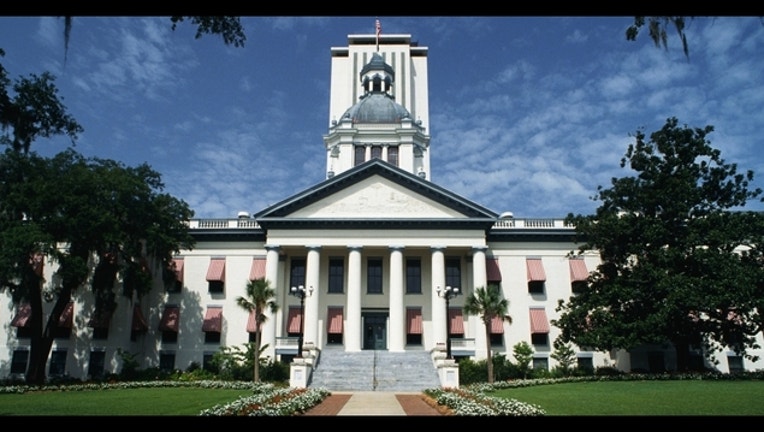10 dead issues from the 2019 Florida legislative session

Stock photo
TALLAHASSEE, Fla. (NSF) - Maybe next year.
When lawmakers hit the road Saturday after ending the 2019 legislative session, they left behind hundreds of bills and issues that did not pass. But there’s always the 2020 session, which will start in eight short months.
Here are 10 high-profile issues that didn’t make it through the Legislature:
--- ABORTION: The House approved a measure that would have required parental consent before minors could have abortions, but the issue stalled in the Senate. Lawmakers also did not pass a proposal that would have barred doctors from performing abortions after fetal heartbeats are detected.
--- CAMPUS SURVEYS: With some Republicans raising concerns about indoctrination on college campuses, the House supported a proposal that would have required surveying faculty members and students about their ideological viewpoints. But the Senate balked at the idea and refused to include it in a higher-education package.
--- CONSTITUTION REVISION COMMISSION: Though many lawmakers were unhappy with proposals placed on the November ballot by the state Constitution Revision Commission, they did not agree on plans to rein in --- or even eliminate --- the powerful panel. The Senate passed two measure targeting the commission, but the House didn’t follow suit.
--- FRACKING: With support from Gov. Ron DeSantis, environmentalists hoped lawmakers would ban the oil- and gas-drilling technique known as “fracking.” But the issue died in the House and the Senate, after a controversy emerged about allowing another drilling technique that uses many of the same chemicals as fracking.
--- GAMBLING: Powerful Sen. Wilton Simpson, R-Trilby, and the Seminole Tribe of Florida negotiated for weeks on a possible gambling deal that could have included sports betting in the state. But time ran out on the issue without a bill being introduced. DeSantis said Saturday he will work on reaching a deal with the tribe.
--- GENETIC INFORMATION: The Senate in the closing days of the session did not take up a House proposal that would have prevented life insurance companies from using genetic-testing information in making decisions about customers’ policies. Supporters of the proposal pointed to privacy concerns, while the insurance industry argued it was over-regulation.
--- MARIJUANA POTENCY: Though lawmakers in March approved allowing patients to smoke medical marijuana, they split on a House plan that would have limited the level of euphoria-inducing THC in smokable pot. The House backed the limit, saying high levels of THC can lead to psychosis. But the Senate refused to go along with the limit.
--- NURSE PRACTITIONER POWERS: While House Speaker Jose Oliva, R-Miami Lakes, pushed through major health-care legislation, he was unable to get the Senate to agree to a proposal that would have allowed advanced practice registered nurses and physician assistants to work independently from doctors.
--- SCHOOL BOARD TERM LIMITS: Republicans in recent years have frequently floated the idea of imposing eight-year term limits on members of county school boards. But proposals aimed at placing the issue on the 2020 ballot stalled in the House and the Senate this year amid opposition from many school districts.
--- SMOKING AGE: In an issue that became known as “T21,” the Senate passed a bill that would have raised the minimum age to buy tobacco and vaping products from 18 to 21. The proposal also would have banned local governments from passing ordinances dealing with the minimum age. But the House did not take up the issue in the session’s closing days.

